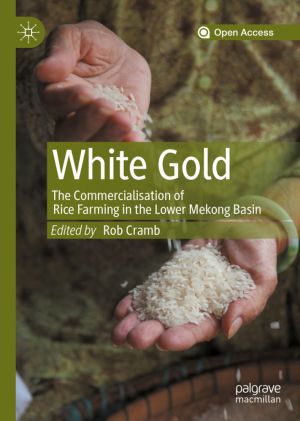
This open access book is about understanding the processes involved in the transformation of smallholder rice farming in the Lower Mekong Basin from a low-yielding subsistence activity to one producing the surpluses needed for national self-sufficiency and a high-value export industry. For centuries, farmers in the Basin have regarded rice as "...
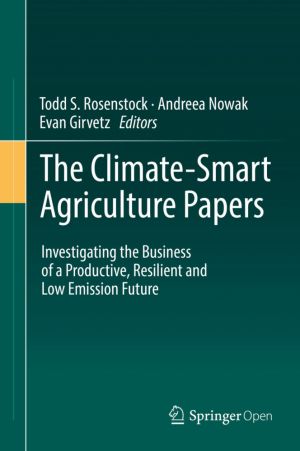
This volume shares new data relating to Climate-Smart Agriculture (CSA), with emphasis on experiences in Eastern and Southern Africa. The book is a collection of research by authors from over 30 institutions, spanning the public and private sectors, with specific knowledge on agricultural development in the region discussed. The material is assembl...

This book sheds new light on a selection of big data scenarios from an interdisciplinary perspective. It features legal, sociological and economic approaches to fundamental big data topics such as privacy, data quality and the ECJ's Safe Harbor decision on the one hand, and practical applications such as smart cars, wearables and web tracking ...
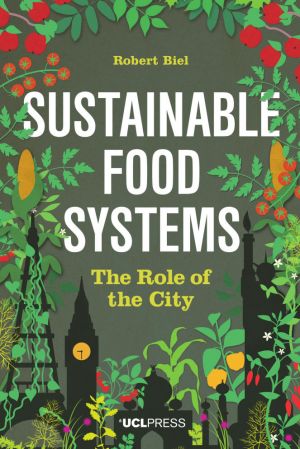
Faced with a global threat to food security, it is perfectly possible that society will respond, not by a dystopian disintegration, but rather by reasserting co-operative traditions. This book, by a leading expert in urban agriculture, offers a genuine solution to today's global food crisis. By contributing more to feeding themselves, cities c...
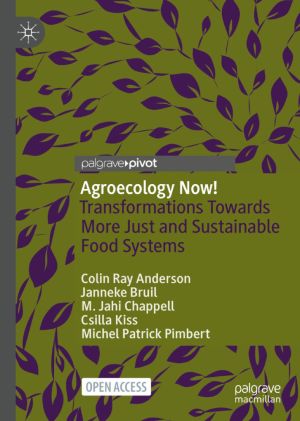
This open book develops a framework for advancing agroecology transformations focusing on power, politics and governance. It explores the potential of agroecology as a sustainable and socially just alternative to today's dominant food regime. Agroecology is an ecological approach to farming that addresses climate change and biodiversity loss w...

The aim of this book is to review and analyse the goods and services of bivalve shellfish. How they are defined, what determines the ecological functions that are the basis for the goods and services, what controversies in the use of goods and services exist, and what is needed for sustainable exploitation of bivalves from the perspective of the va...
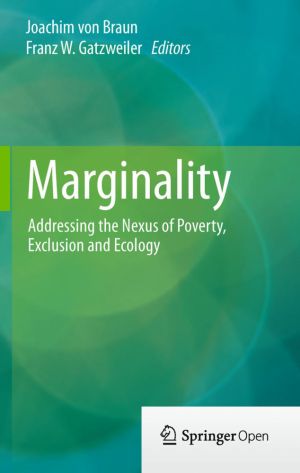
This volume presents new insights on marginality, i.e. the situation of people living on the edge of socio-economic and ecological systems. The marginality concept leads to different development policies. While the prevalence of poverty declined by about 50 percent in the past two decades, any further reduction of poverty will be more difficult, be...
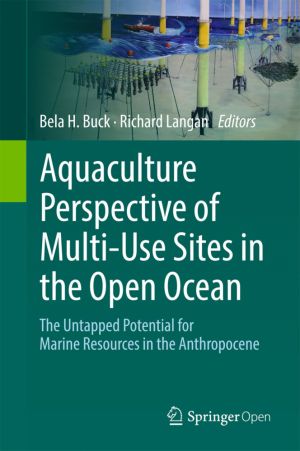
This volume addresses the potential for combining large-scale marine aquaculture of macroalgae, molluscs, crustaceans, and finfish, with offshore structures, primarily those associated with energy production, such as wind turbines and oil-drilling platforms. The volume offers a comprehensive overview and includes chapters on policy, science, engine...
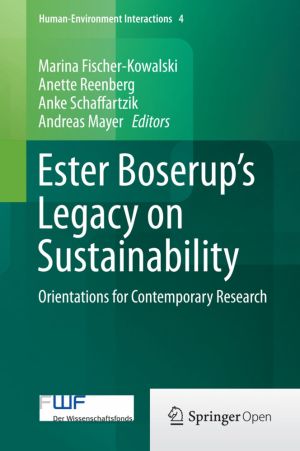
Arising from a scientific conference marking the 100th anniversary of her birth, this book honors the life and work of the social scientist and diplomat Ester Boserup, who blazed new trails in her interdisciplinary approach to development and sustainability. The contents are organized in three sections reflecting important focal points of Boserup&...
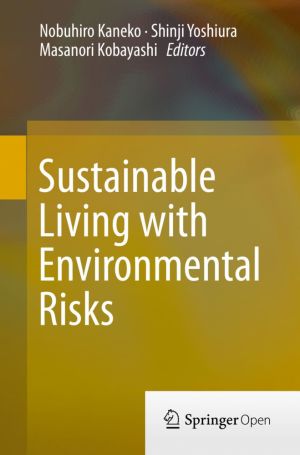
We are not free from environmental risks that accompany the development of human societies. Modern economic development has accelerated environmental pollution, caused loss of natural habitats, and modified landscapes. These environmental changes have impacted natural systems: water and heat circulation, nutrient cycling, and biodiversity. These ch...
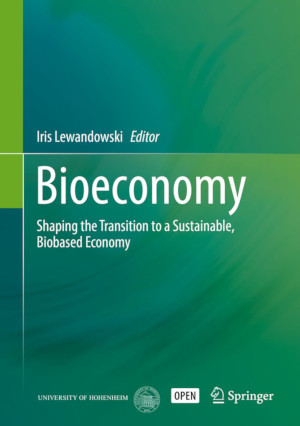
This book defines the new field of "Bioeconomy" as the sustainable and innovative use of biomass and biological knowledge to provide food, feed, industrial products, bioenergy and ecological services. The chapters highlight the importance of bioeconomy-related concepts in public, scientific, and political discourse. Using an interdiscipli...
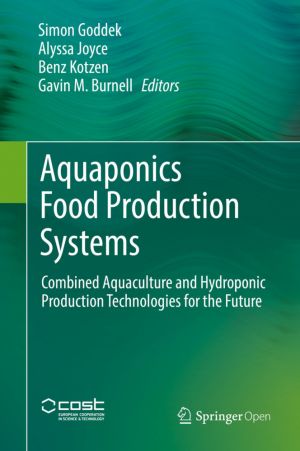
This book, written by world experts in aquaponics and related technologies, provides the authoritative and comprehensive overview of the key aquaculture and hydroponic and other integrated systems, socio-economic and environmental aspects. Aquaponic systems, which combine aquaculture and vegetable food production offer alternative technology soluti...
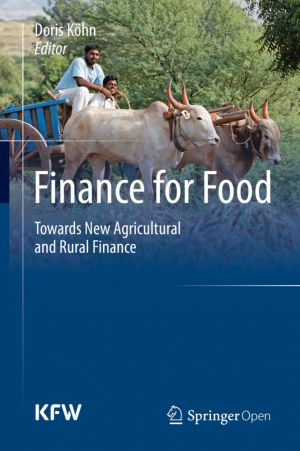
This book reflects the current state of discussion about agricultural and rural finance in developing and transition countries. It provides insight into specific themes, such as commodity value chains, farm banking, risk management in agricultural banking, structured finance, crop insurance, mobile banking, and how to increase effectiveness in rura...
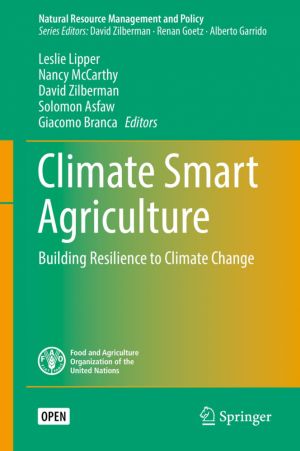
The book uses an economic lens to identify the main features of climate-smart agriculture (CSA), its likely impact, and the challenges associated with its implementation. Drawing upon theory and concepts from agricultural development, institutional, and resource economics, this book expands and formalizes the conceptual foundations of CSA. Focusing...
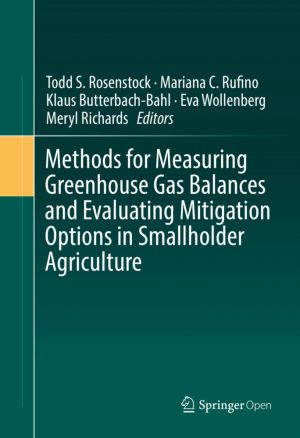
This book provides standards and guidelines for
quantifying greenhouse gas emissions and removals in smallholder agricultural systems
and comparing options for climate change mitigation based on emission
reductions and livelihood trade-offs. Globally, agriculture is directly
responsible for about 11% of annual greenhouse gas (GHG) emissions a...
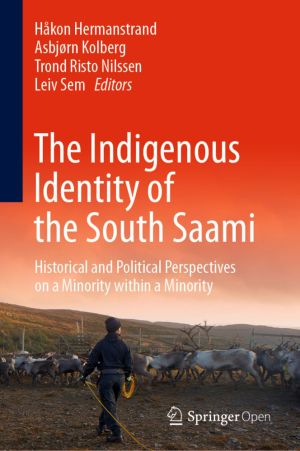
This book is a novel contribution in two ways: It is a multi-disciplinary examination of the indigenous South Saami people in Fennoscandia, a social and cultural group that often is overlooked as it is a minority within the Saami minority. Based on both historical material such as archaeological evidence, 20th century newspapers, and postcard motiv...
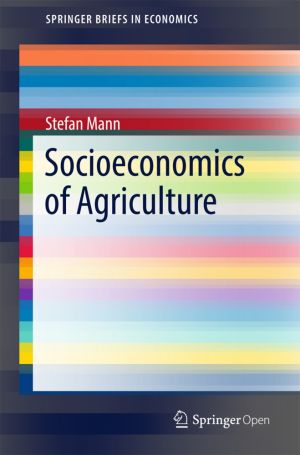
This book applies for the first time emerging concepts of socioeconomics to analyse an economic sector, namely agriculture. It considers the rational choices of all actors in the system (just as agricultural economists do) and their cultural preferences and constraints (just as rural sociologists do). Socioeconomic concepts are subsequently used to...

This book summarizes the results of 3 years of agricultural and forestry reconstructive efforts and applied research conducted directly in the affected areas of Fukushima following the Great East Japan Earthquake. It describes fast and effective revival methods and technologies from tsunami and radiation damages, demonstrated through the collaborat...
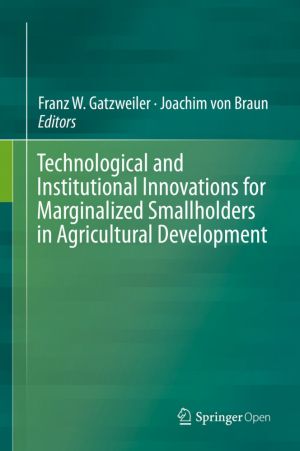
The aim of the book is to present contributions in theory, policy and practice to the science and policy of sustainable intensification by means of technological and institutional innovations in agriculture. The research insights re from Sub-Saharan Africa and South Asia. The purpose of this book is to be a reference for students, scholars and prac...

There is wide agreement on the need to change the prevalent agricultural models, given their negative impacts and their incompatibility with current societal issues. Agroecological transition has been promoted as a potential solution to the ecological, social and economic problems generated by these models. It however involves a systemic, multi-sca...
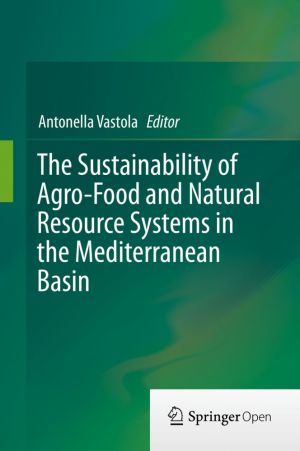
This book is focused on the challenges to implement sustainability in diverse contexts such as agribusiness, natural resource systems and new technologies. The experiences made by the researchers of the School of Agricultural, Forestry, Food and Environmental Science (SAFE) of the University of Basilicata offer a wide and multidisciplinary approach...
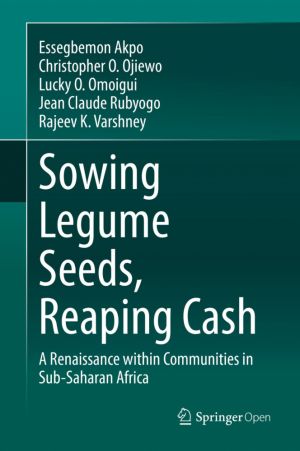
This open access book shares impact stories – testimonies from various value chain actors who have been part of the Tropical Legumes (TL) projects, over the past twelve years. The Tropical Legumes projects led by ICRISAT in three parts (TLI, TLII and TLIII), constitute a major international initiative supported by the Bill & Melinda Gates...
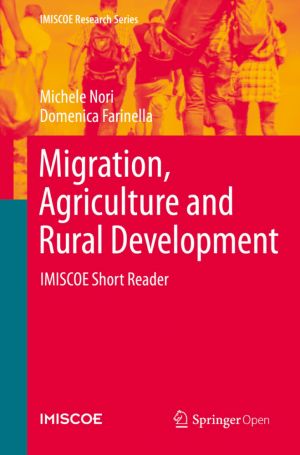
This open access short reader looks into the dynamics which have reshaped rural development and human landscapes in European agriculture and the role of immigrant people. Within this framework it analyses contemporary rural migrations and the emergence of immigrants in relation to the incorporation of agrarian systems into global markets, the Europ...
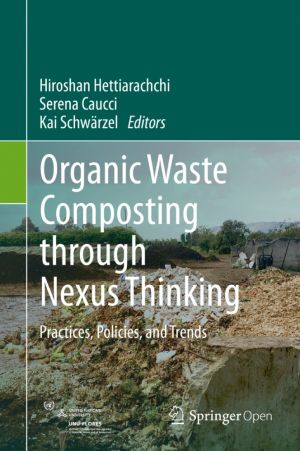
Organic waste composting is another excellent example to demonstrate the power and the benefits of nexus thinking. Even though organic waste composting itself is not a new topic, those who want to start a new project or align an ongoing project with nexus thinking, find it difficult to gather the necessary information. With nine case studies from f...
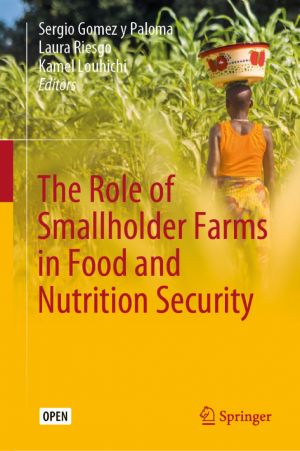
This open book discusses the current role of smallholders in connection with food security and poverty reduction in developing countries. It addresses the opportunities they enjoy, and the constraints they face, by analysing the availability, access to and utilization of production factors.Due to the relevance of smallholder farms, enhancing their ...
